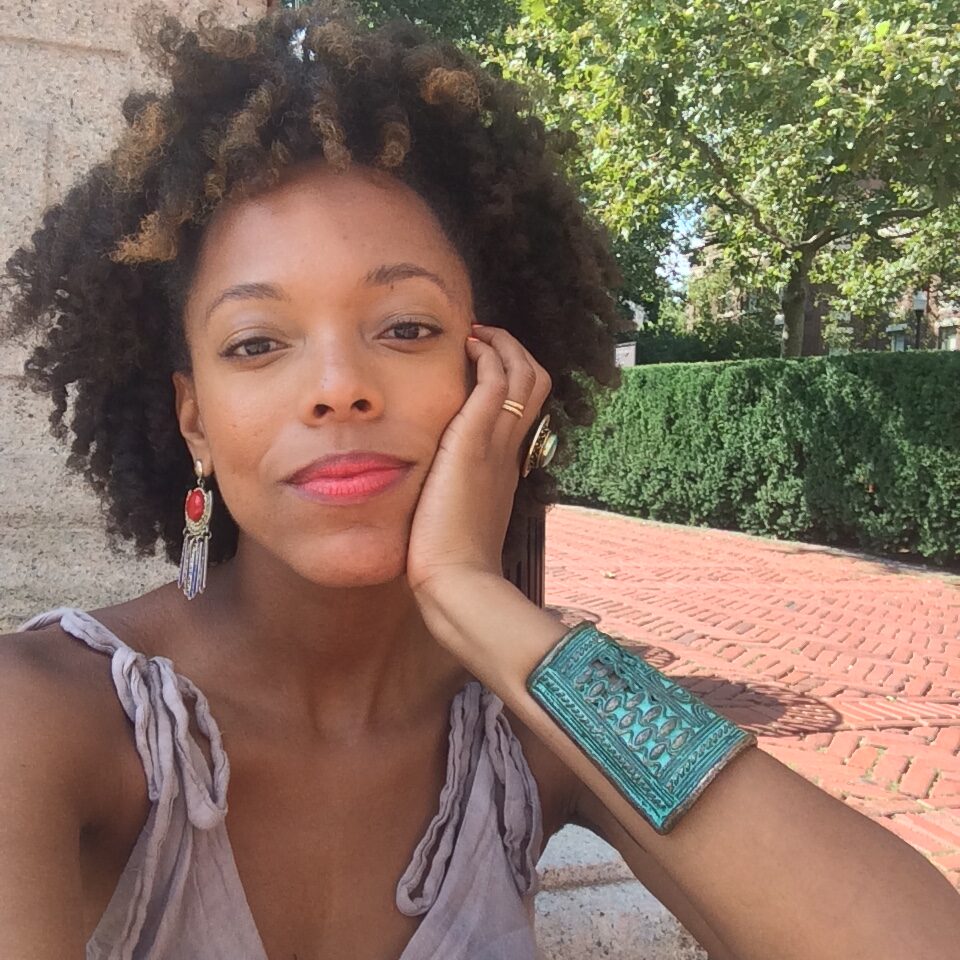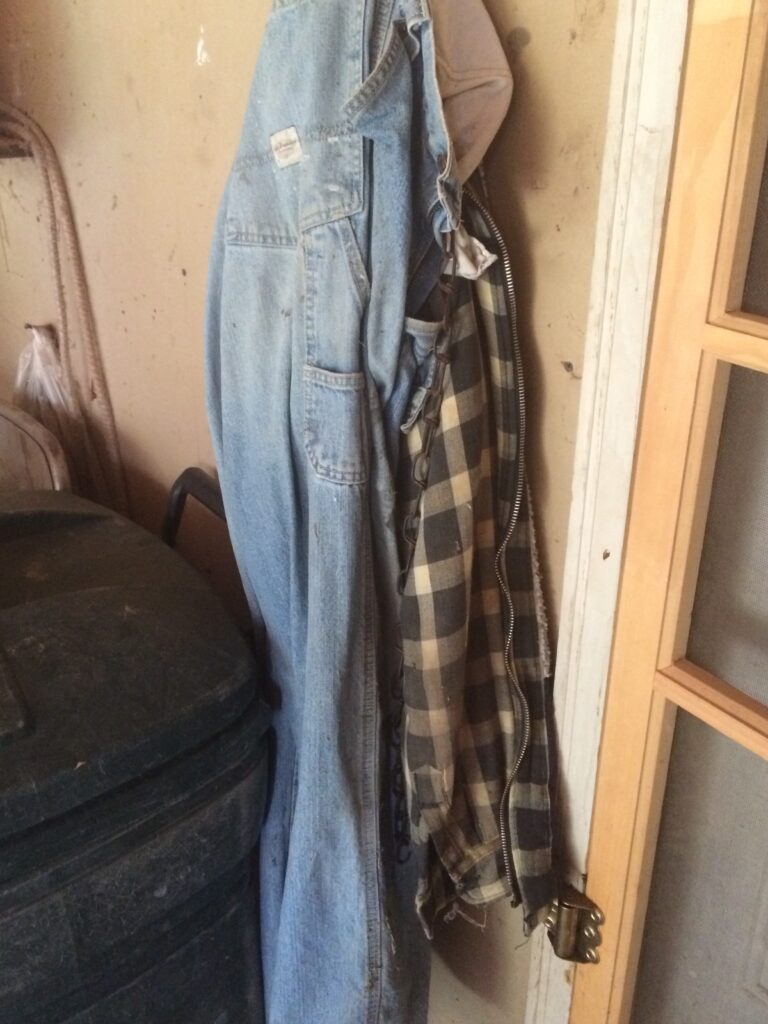
When I Sent my Grandfather’s Spirit Away, He Came Back.
The first time I felt my grandfather’s presence was in the bathroom of a yoga studio in Manhattan. I asked him to go away–Nicely,
It was the only thing I knew to do.
((but still))
His funeral had been some months before (long enough that his spirit was now freely walking in the ancestral realm, which I knew nothing about at the time), and I missed the service to play Tom Robinson’s nameless wife in To Kill a Mockingbird.
His funeral was on our opening night.
My parents (godblessthembuttheywerewrongaboutthis)
assured me it would be ok to miss the funeral.
In colonized culture nothing stops, of course, when someone dies;
death rites are abhorrent, short, and incomplete.
*
My grandfather was coming to me with such gentleness, softness, just to say hello and I couldn’t handle the guilt
I felt inside
of me
that I was not there when he was placed into the Michigan ground,
in a tiny family plot across from the corn fields.
I was in Alabama, pretending to grieve for Tom Robinson, murdered by a white man, in a play.
That was my only scene, but everyone who surrounded me (all from New york, by the way),
told me how important it was that I not miss the opening.
They told me how, the night couldn’t happen without me falling to my knees and crying for Tom.
The emotion of the story would be lost, they said, without his grieving wife. A local blog agreed,
choosing my grief-struck mask at the offstage murder of my fictional husband as the photo of their show review.
It is a grief only a fiction can make sense of. Only a colonial fiction can create.
But my psyche was corrected, as it always can be. The Spirit gives plenty of opportunities to make things right with our cooperation.
When I sent my grandfather away in that bathroom, he came back.
And slowly,
I started speaking to him. Sharing my grief and regret with him as an Ancestor.
His ancestral presence was large and subtle like it was in my life,
it felt and feels like laying next to him on the couch while he watches hours of westerns.
A Black John Wayne guardian—a John Henry-John Wayne, I feel him as close: right there on the couch, and as untouchable as always.
Only in the eyes, the eyes.

The last monologue in SKiNFOLK is written for him, my Granddaddy. When I performed the show in 2020 [right before my initiation]
My father was there.
He got up out of the audience and left the room shortly before the monologue started. When he came back inside the theater, he did not return to his seat, but stood in the back of the space, pacing.
When he stopped to listen to me, his face was illuminated in a soft yellow light cast directly on him;
and he appeared to have been crying.
To be crying.
I could only see his face while I re-eulogized his father in front of him, Everyone else darkly softer.
Next to him. [Him.]
Sitting on a wood slat, I spoke, ran my hands along the floor, cut my hand and began to bleed.
The light and the blood, the blood and the light, led us forward. I had yet to know—me and my Father began correcting and rebalancing what had been taken from the family by colonial timelines. His tears,
my words,
our Blood.
Spirit time was taking over.